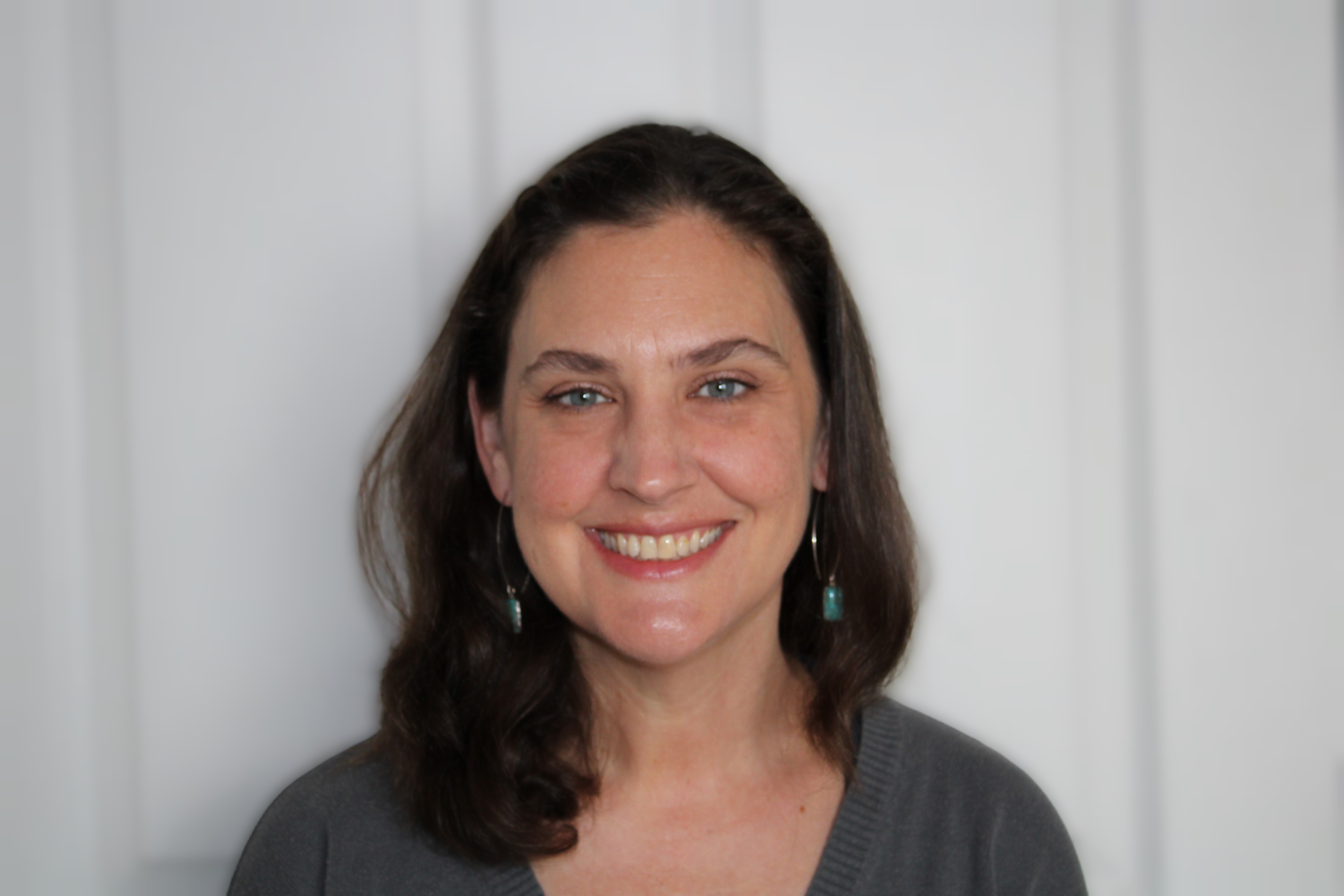
The Great Reset: Rebuilding American Health Insurance by Design
Open Events
Friday, April 17, 2026
12 - 1 p.m. ET
The American health insurance system is fragmented, inefficient, and often unjust—leaving millions without coverage and many more vulnerable to losing it based on life events as arbitrary as changing jobs, moving states, or getting healthier. In their widely discussed book We’ve Got You Covered, economists Amy Finkelstein (MIT) and Liran Einav (Stanford) argue that this dysfunction is not accidental, but the product of decades of incremental fixes rather than intentional design. Drawing on original research, historical analysis, and lessons from international models, the authors propose a fundamental rethinking of how health insurance in the U.S. should work: universal, automatic, and free basic coverage for everyone—with the option to purchase additional supplemental insurance. This webinar will feature a conversation with the authors about their vision for a system built deliberately to provide security, equity, and simplicity. We’ll explore the trade-offs, implementation challenges, and policy implications of their provocative and timely proposal.
Panelists

Amy Finkelstein, PhD
John & Jennie S. MacDonald Professor of Economics,
Massachusetts Institute of Technology.
Amy Finkelstein is the co-founder and co-Scientific Director of J-PAL North America, a research center at MIT that encourages and facilitates randomized evaluations of important domestic policy issues. She is also the founding Editor of American Economic Review: Insights and the co-Director of the Economics of Health Program at the National Bureau of Economic Research. She is a member of the National Academy of Sciences and of the Institute of Medicine, and a fellow of the American Academy of Arts and Sciences and of the Econometric Society. Dr. Finkelstein’s areas of specialization are public finance and health economics. Her research focuses on market failures and government intervention in insurance markets, and on the economics of healthcare delivery. From 2008-2020 she served as co-Director of the Public Economics Program at the National Bureau of Economic Research. She received her PhD in Economics from MIT in 2001, an M.Phil in Economics from Oxford in 1997 where she studied as a Marshall Scholar, and an A.B. in Government summa cum laude from Harvard in 1995. Prior to joining the MIT faculty in 2005, she was a Junior Fellow at the Harvard Society of Fellows.

Liran Einav, PhD
Department Chair, Charles R. Schwab Professor in Economics, Stanford University
Liran Einav is a professor of economics at Stanford University and a research associate in the National Bureau of Economic Research, where he is directing the Industrial Organization Program. Einav’s areas of specialization are industrial organization and applied microeconomics. An important strand of his work is focused on insurance markets, including the development of empirical models of insurance demand and pricing, and empirical analyses of the implications of adverse selection and moral hazard. Much of Einav's current work is focused on healthcare markets. In the past he also studied consumer behavior and the pricing of subprime auto loans, competition in the motion picture industry, strategic commitment, and peer-to-peer internet markets. Einav is currently a co-editor at the American Economic Review, after serving as a co-editor at Econometrica and AEJ Applied. He received his undergraduate degree in computer science and economics from Tel Aviv University (Israel) in 1997, and his PhD in economics from Harvard University in 2002.
Moderators

Mario Macis, PhD
Professor, Johns Hopkins Carey Business School

Debra Ravert, MD
Assistant Professor of Emergency Medicine at the Johns Hopkins School of Medicine.
Conversations on the Business of Health is the Hopkins Business of Health Initiative's signature series of expert panel discussions, engaging leaders from business and academia to explore the most pressing issues and cutting-edge solutions in healthcare.
